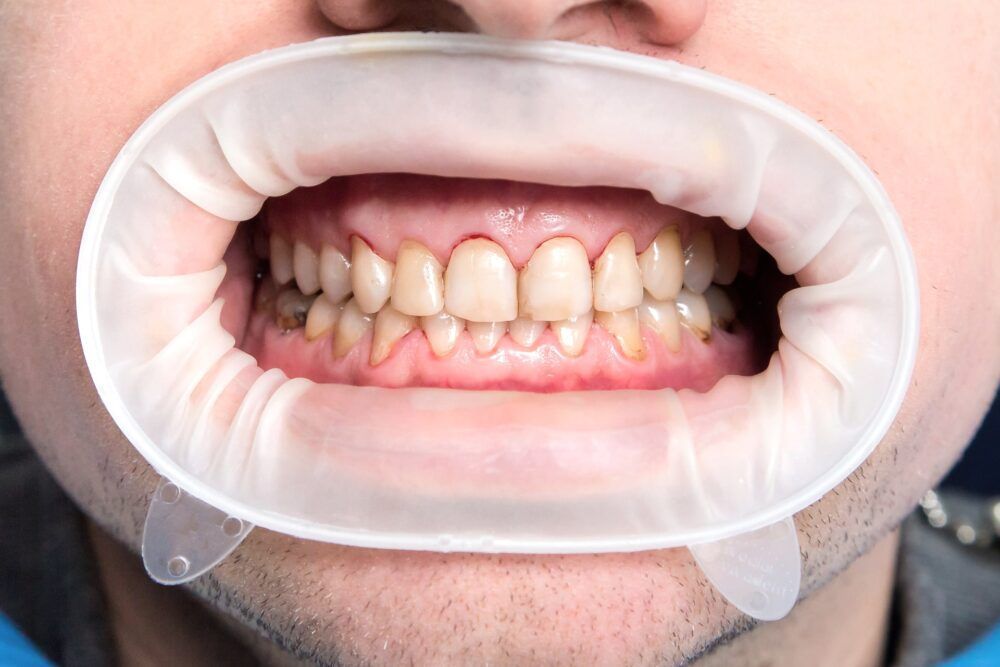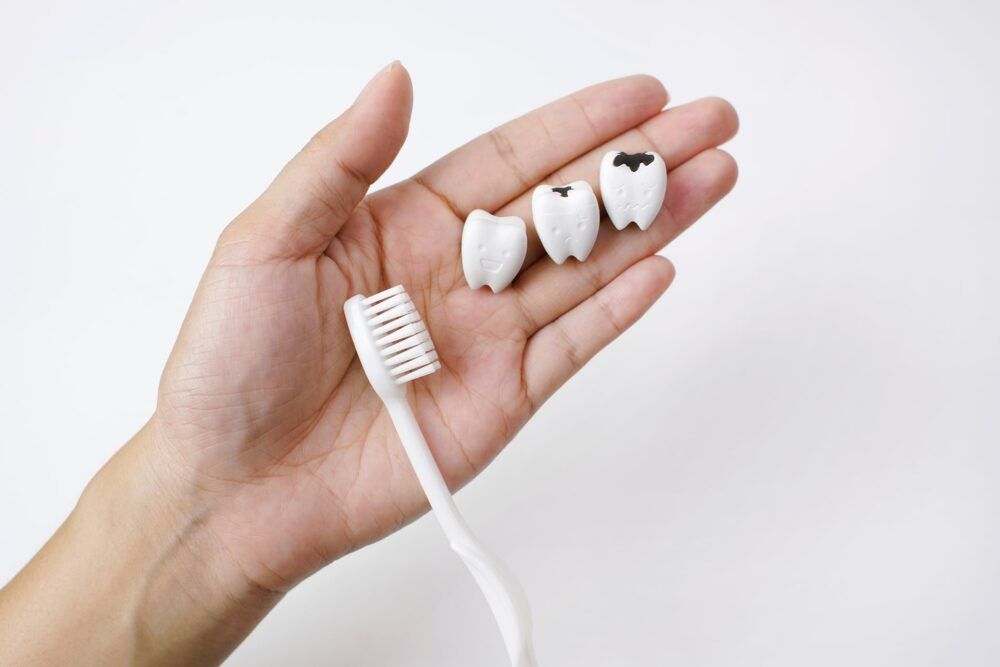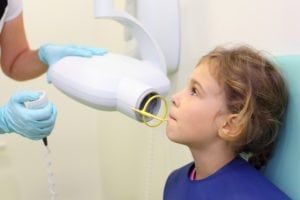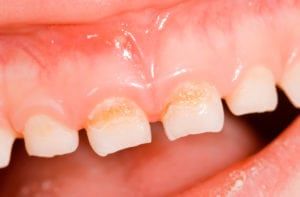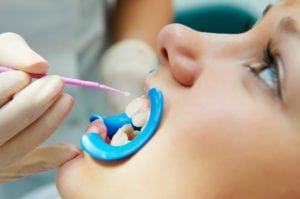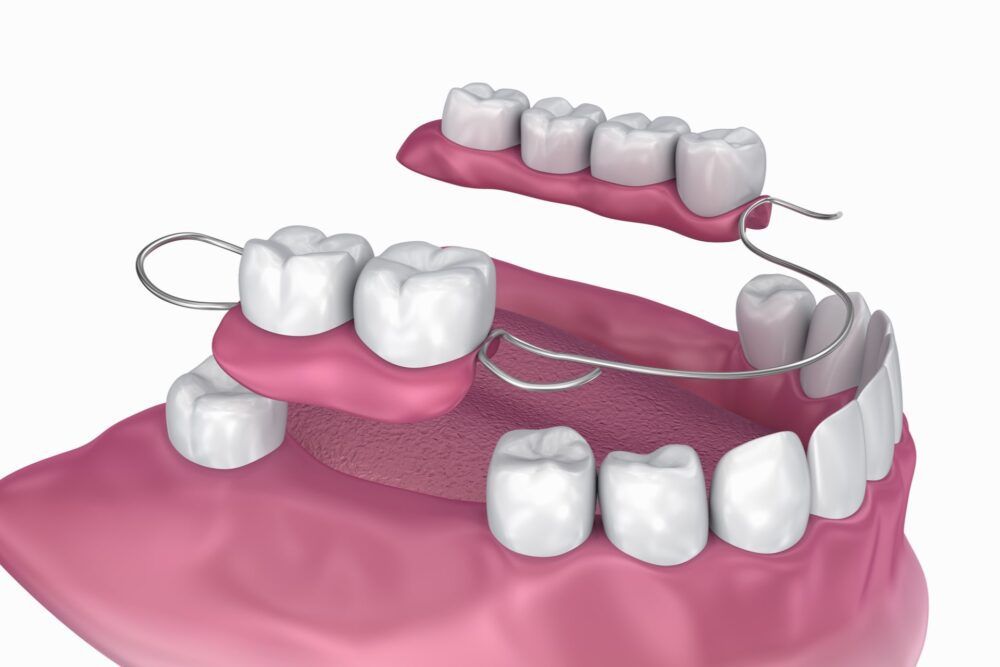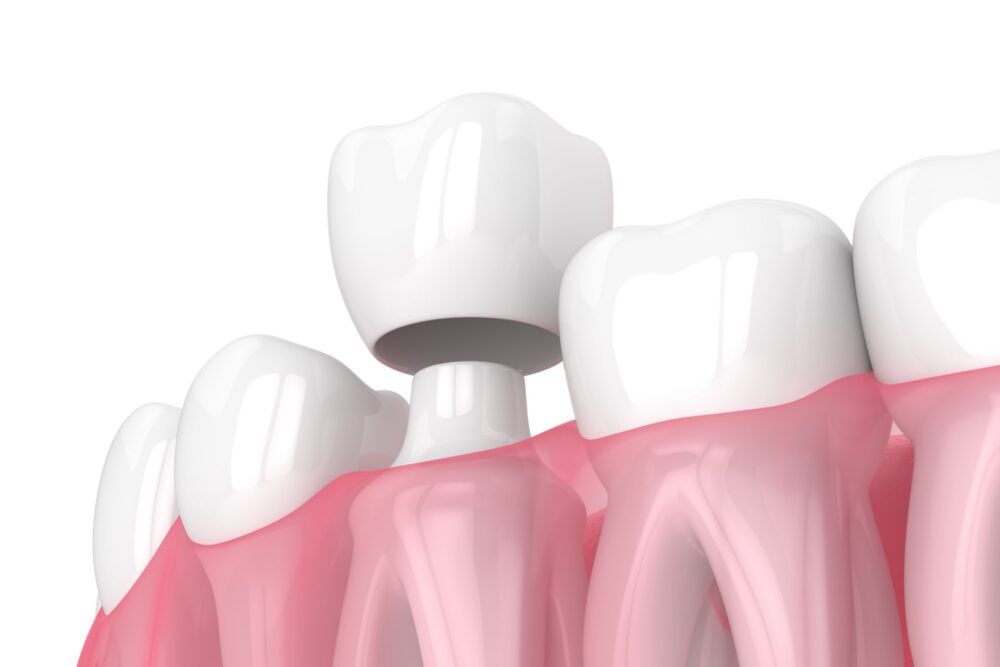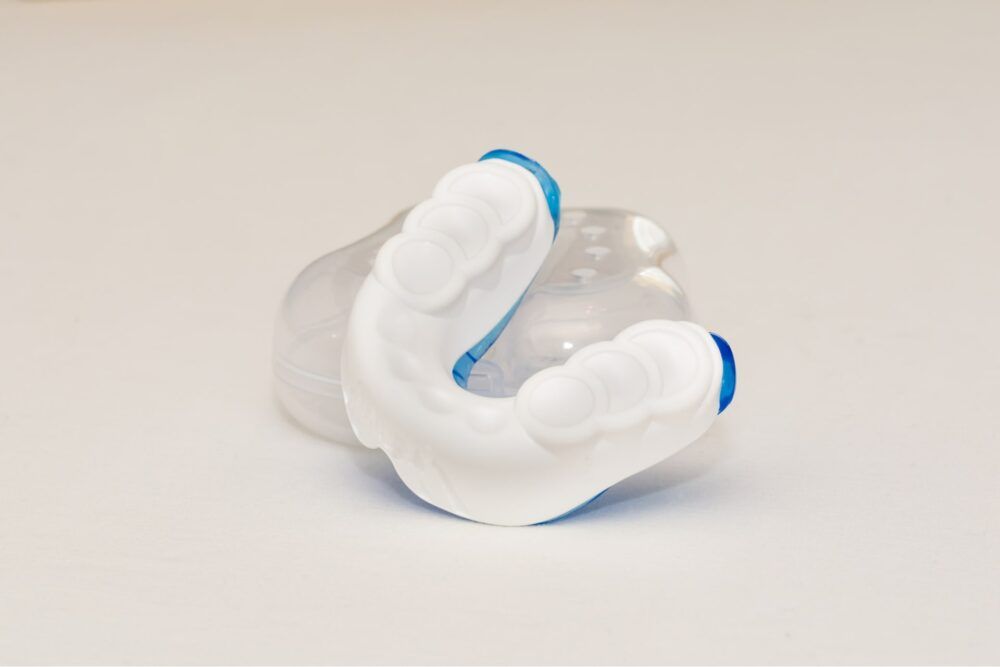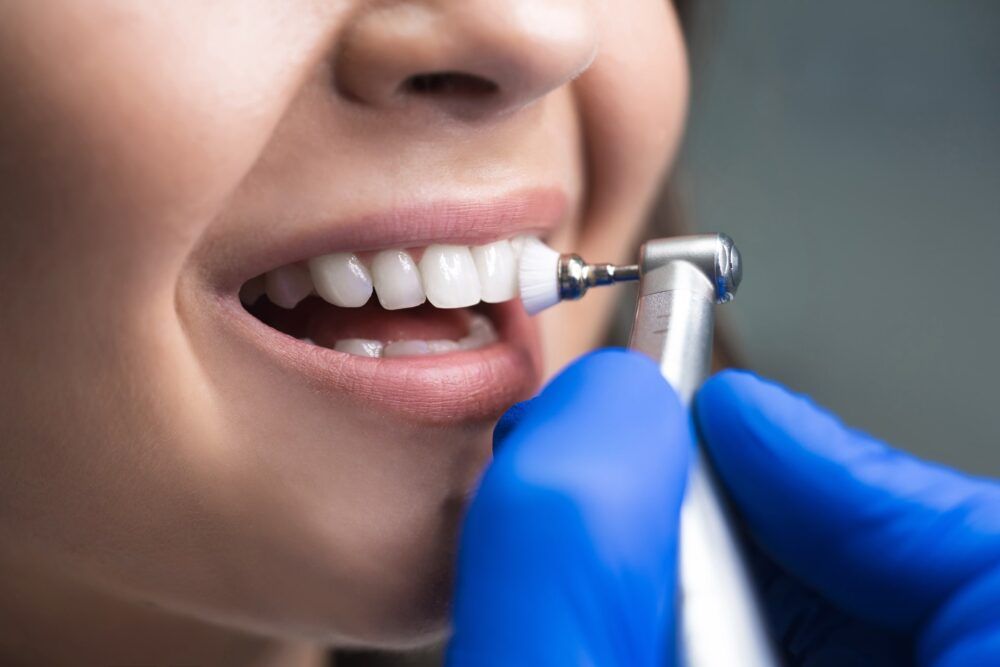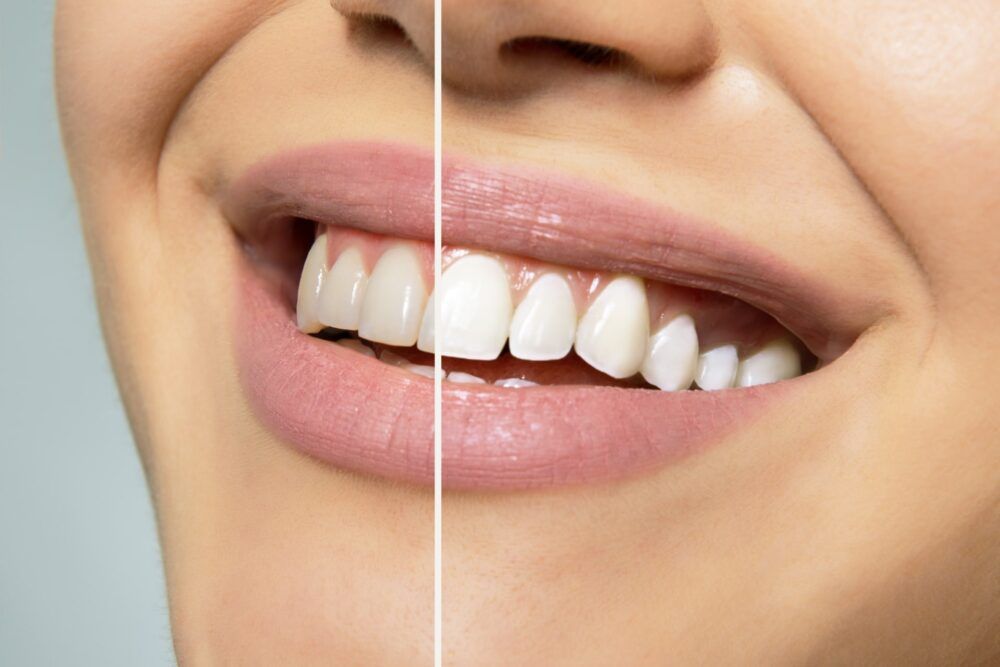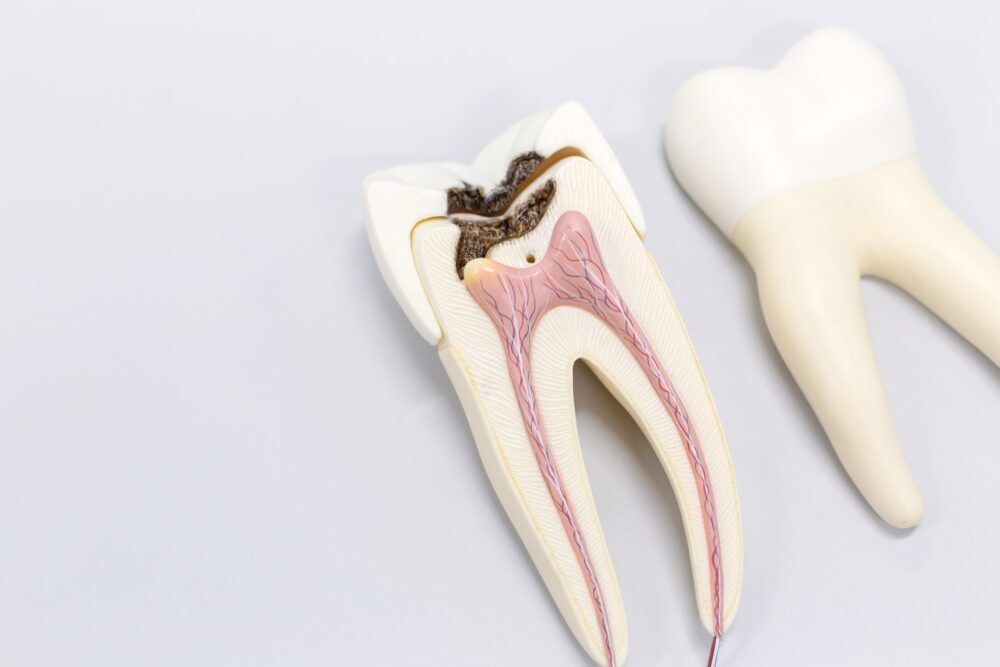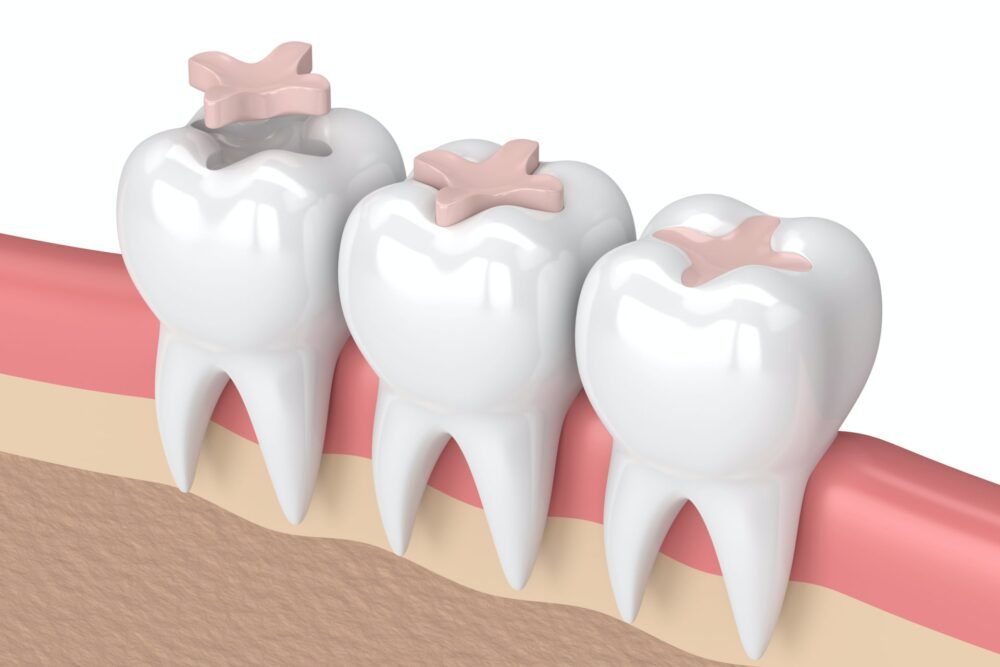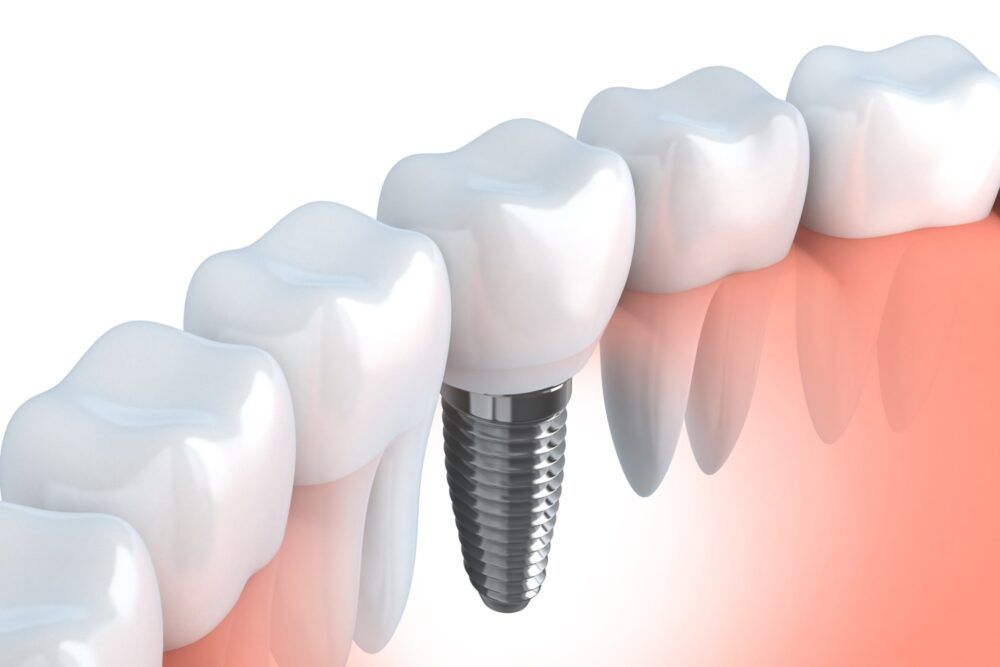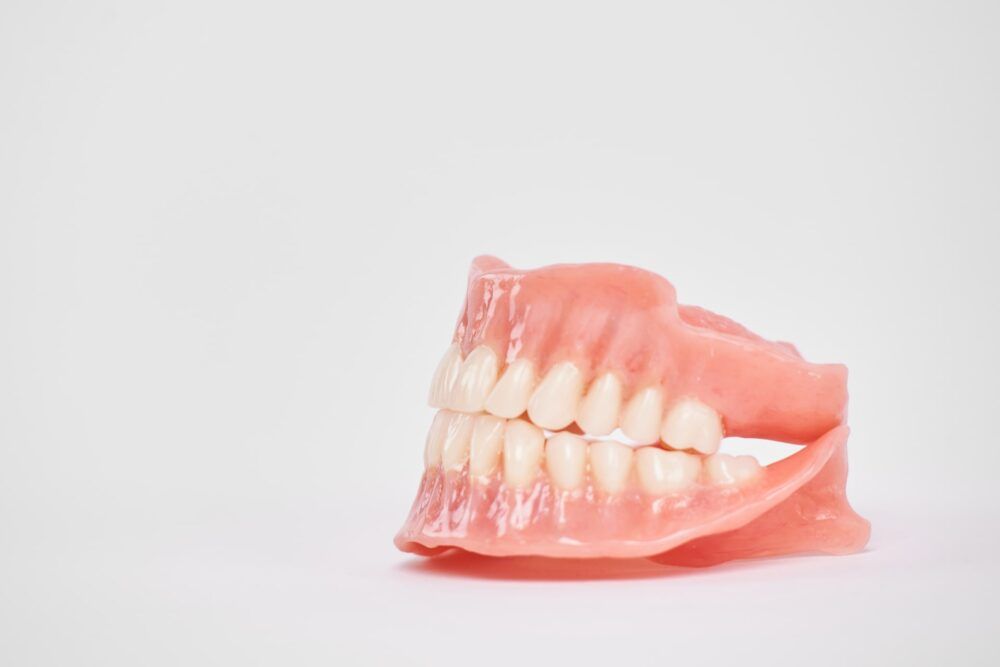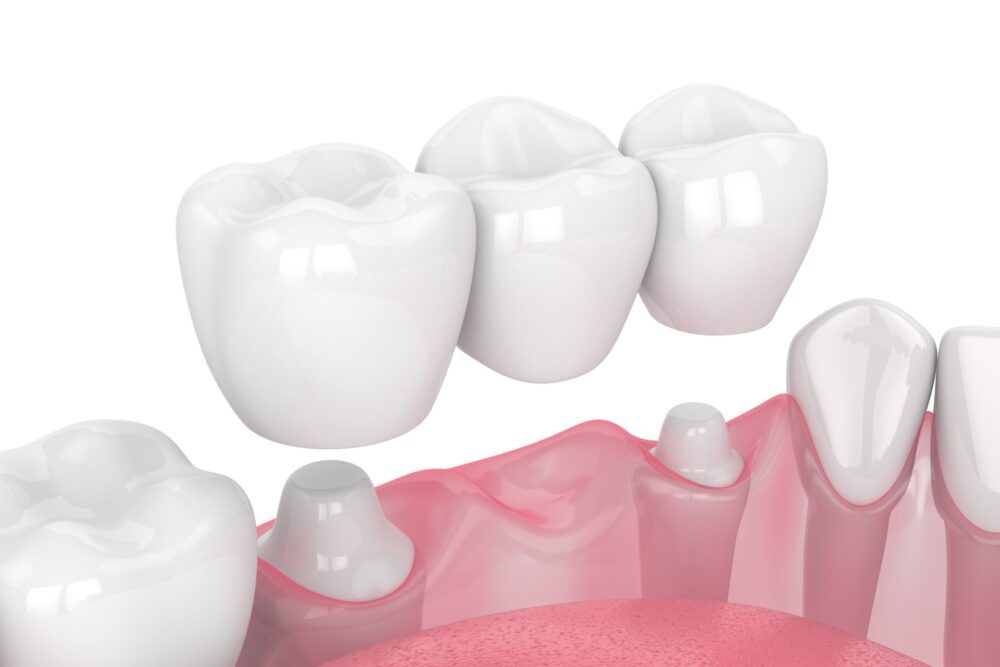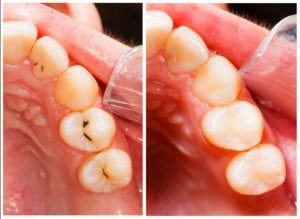Pediatric oral surgery is a specialized field focused on addressing complex dental needs in children. These procedures are designed to treat issues beyond the scope of preventative care, ensuring your child maintains a healthy, functional, and pain-free smile. Pediatric oral surgery may involve addressing dental trauma, correcting congenital abnormalities, managing infections, or removing impacted teeth. By intervening early and effectively, pediatric oral surgery aims to safeguard your child’s overall oral and systemic health.
Frequently Asked Questions
What is the role of pediatric oral surgery in children’s dental care?
Pediatric oral surgery plays a critical role in addressing conditions that cannot be managed with routine dental care alone. It is used to correct structural issues, manage infections, or alleviate pain caused by conditions such as impacted teeth, cysts, or injuries. These procedures are tailored to ensure a safe and comfortable experience for your child.
What are common reasons for pediatric oral surgery?
Some of the most common indications for pediatric oral surgery include:
- Dental Trauma: Treating broken, displaced, or avulsed teeth.
- Impacted Teeth: Removing teeth that are unable to erupt properly.
- Infections: Draining abscesses or managing severe dental infections.
- Cysts and Tumors: Removing benign growths that may interfere with oral development.
- Orthodontic Preparation: Removing teeth to create space for braces.
- Congenital Defects: Correcting conditions such as cleft lip or palate.
How is pain managed during and after pediatric oral surgery?
Pain management is a top priority during pediatric oral surgery. Dentists and oral surgeons use various forms of anesthesia and sedation to ensure your child remains comfortable during the procedure. Post-surgery, over-the-counter or prescribed pain medications, along with cold compresses, are typically recommended to manage discomfort. Detailed aftercare instructions will also be provided to promote healing.
How can I prepare my child for oral surgery?
Preparing your child for oral surgery involves both emotional and practical considerations:
- Explain the Procedure: Use age-appropriate language to describe what will happen and emphasize that the procedure is to help them feel better.
- Follow Pre-Op Instructions: Ensure your child adheres to fasting guidelines and any other pre-operative instructions provided by the dentist or surgeon.
- Bring Comfort Items: Allow your child to bring a favorite toy or blanket to the appointment to help ease anxiety.
What is the recovery process like after pediatric oral surgery?
Recovery depends on the complexity of the procedure. In general:
- Rest is Essential: Encourage your child to rest and avoid strenuous activities for the first 24-48 hours.
- Soft Foods Only: Offer soft foods such as yogurt, mashed potatoes, or smoothies to avoid irritating the surgical site.
- Oral Hygiene Care: Follow the dentist’s instructions for cleaning around the surgical site to prevent infection.
- Watch for Signs of Complications: Contact your dentist immediately if you notice prolonged bleeding, swelling, or signs of infection.
What are the long-term benefits of pediatric oral surgery?
By addressing oral health issues early, pediatric oral surgery can:
- Prevent complications that might arise from untreated dental conditions.
- Support proper oral development and alignment.
- Reduce the risk of future dental problems that could be more invasive or costly to treat.
Pediatric oral surgery ensures that your child receives the specialized care they need for a healthy smile and overall well-being. From routine preventative care to surgical intervention, your child’s oral health is in expert hands. Regular dental checkups remain crucial to identify potential issues early and maintain your child’s oral health.








